When is a Digital Human presenter a better option for your training video?
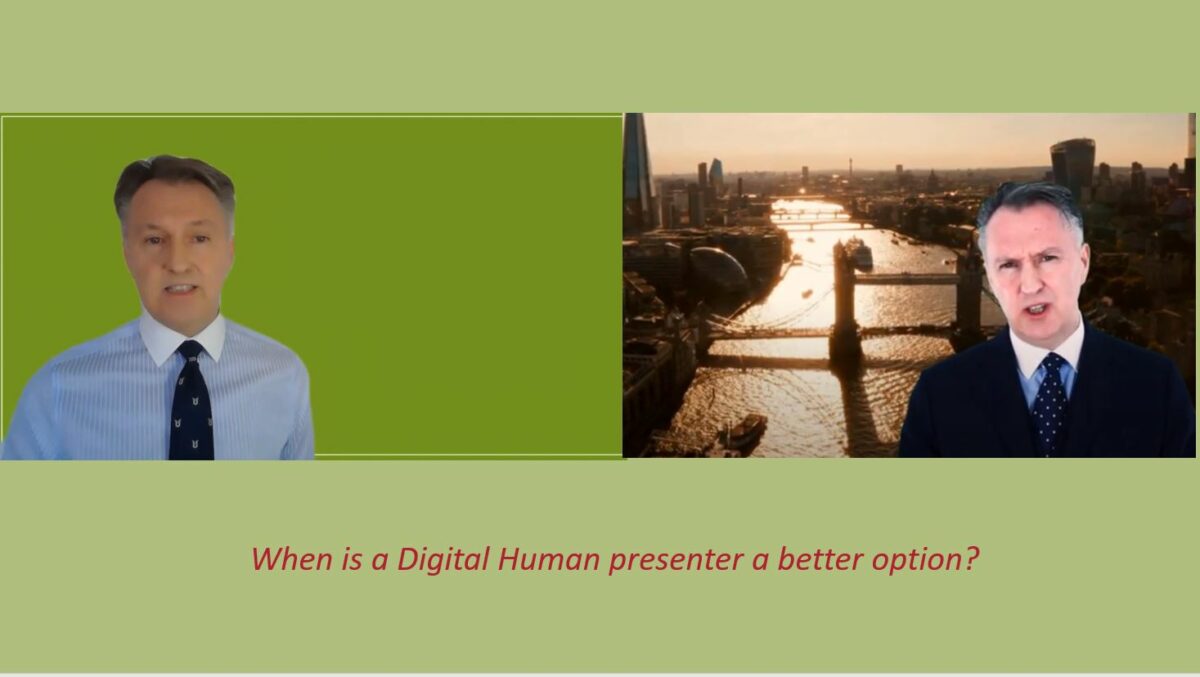
‘To be a digital human or not, that is the question’, William Shakespeare might ask if he were alive. Today, you can make a star performance either in person or as a digital human avatar. Because avatars can speak many languages, they have amazing potential. This is especially so for health and safety and regulatory compliance training that must be consistent and understood. To help you explain when a Digital Human is a better option, I’ve created a quick guide.
First, watch these two videos. https://youtu.be/XX0YufAtsfM and https://vimeo.com/766484733/9c7d433a32
The one with a green background is a presentation I made in front of camera in 2020, at the outbreak of COVID. The second video was created the following year with my Guildhawk virtual human presenting. How does the digital human video compare with the real human? Which do you prefer and why?

You get amazing results when a human presents in front of camera because you know the speaker is authentic. A good quality camera, lights and mic all make a big difference. To learn more about the secrets of cinematic storytelling from film producer Robin Guise, of Lipsync productions, click here:
Six big challenges when creating a corporate video
- Your CEO or actor may not have the time.
- Your video presenter must learn their lines or speak from an autocue.
- The presenter must record again if content is changed.
- There is extra cost to make it multilingual since it must be dubbed or subtitled.
- Hiring a professional studio with green screen technology and film crew can be costly.
- Travelling to and from a studio is time consuming and adds to your carbon footprint.
When is it better to use a Digital Human?
- Your CEO or other presenter has limited time to be filmed.
- You don’t want your CEO or presenter to learn or read a script.
- You want to be able to edit a video when information changes.
- You want your presenter to speak the language of the viewer without subtitles and dubbing.
- You want to reduce your carbon footprint and costs by creating videos digitally.
- Lastly, and importantly, when your CEO and audience prefer a Digital Human.
Inspiring your audience with new technology is revolutionary. It is because new technologies increase understanding and make society better. The smallest things can create sensational improvements.
In 1564, back in Shakespeare’s time, a small technological breakthrough changed the world. The graphite pencil was invented and helped craft the Industrial Revolution. This was inspired when a black carbon mine was discovered in Cumbria, England. This innovation improved communication, though pen and ink remain today.
You can see how 450 years later, digital humans will help power the 4th Industrial Revolution, though ingenious humans are here to stay.
Discover more about new AI-translation technologies here or email us to arrange a chat with a real human at Guildhawk on [email protected]



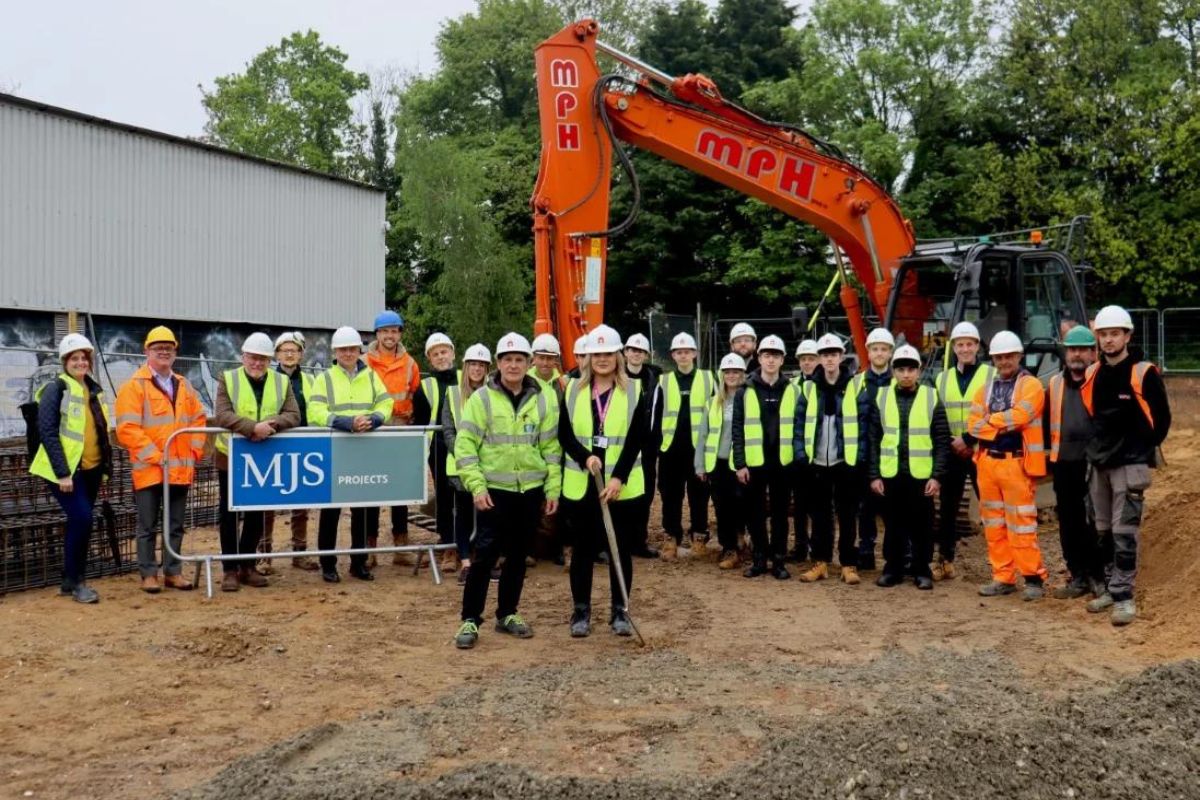


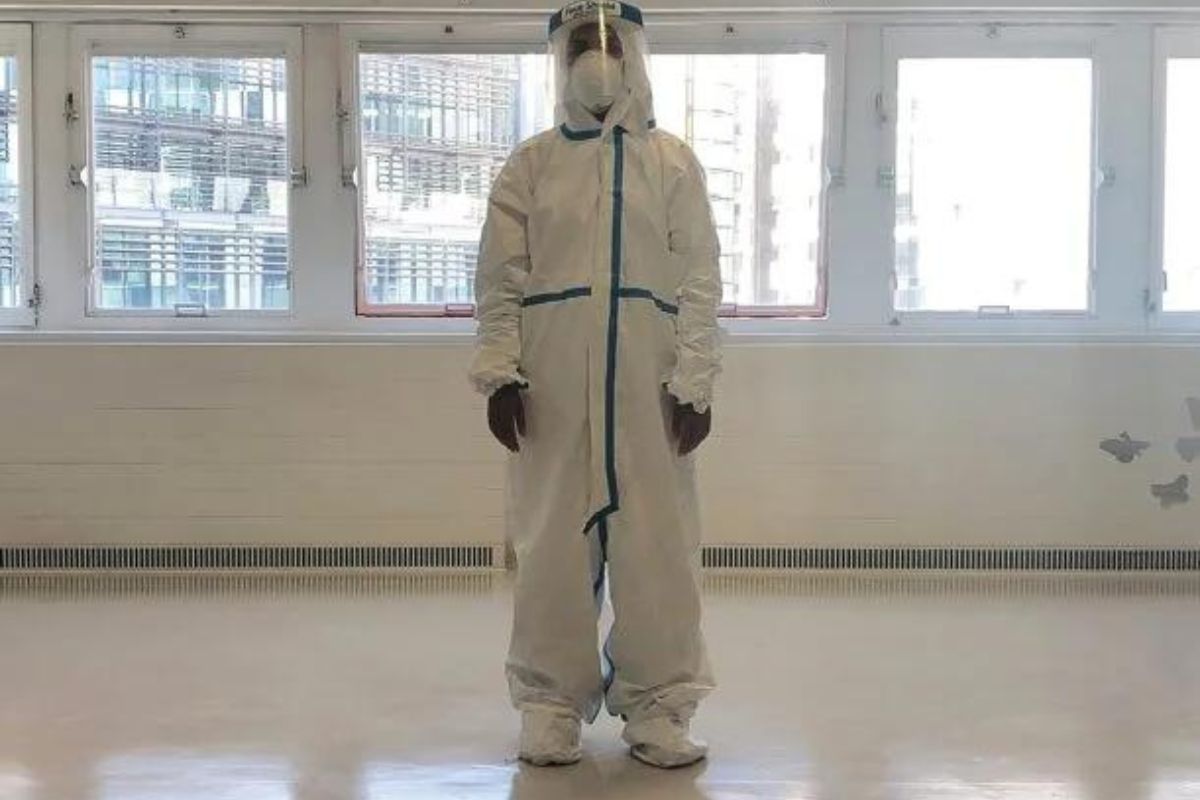
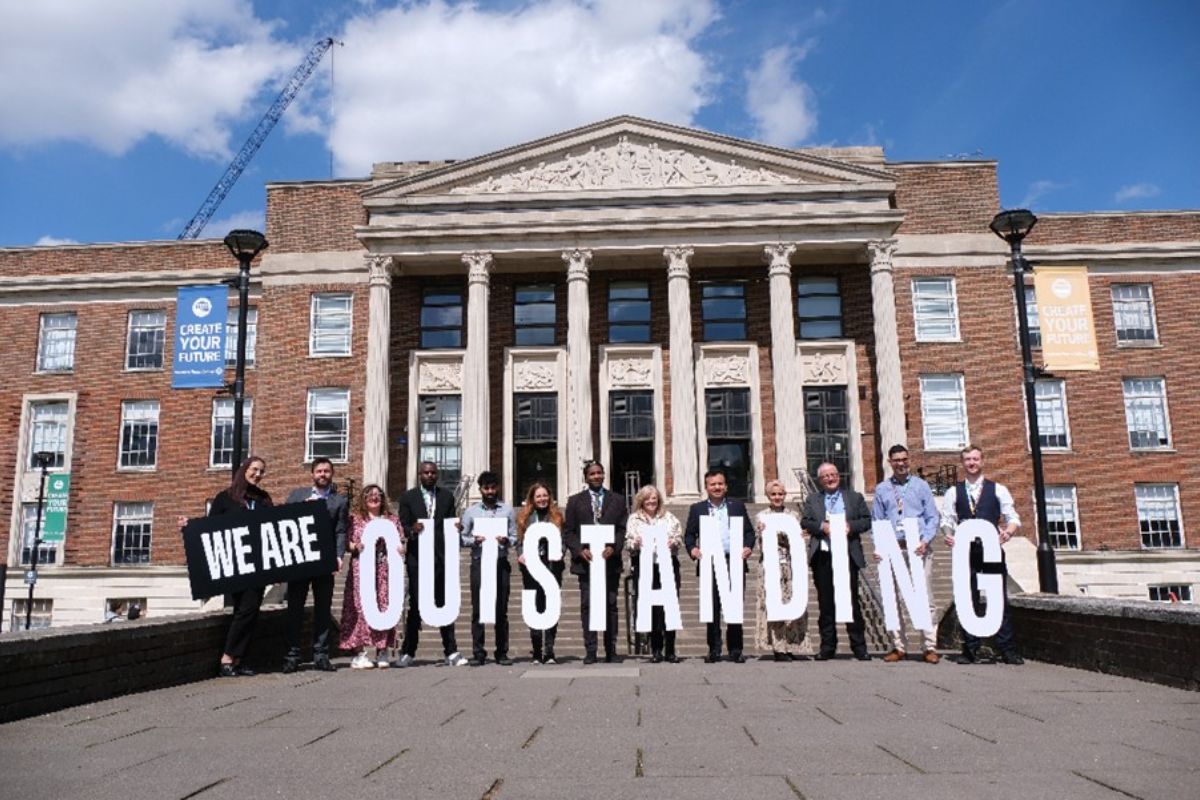

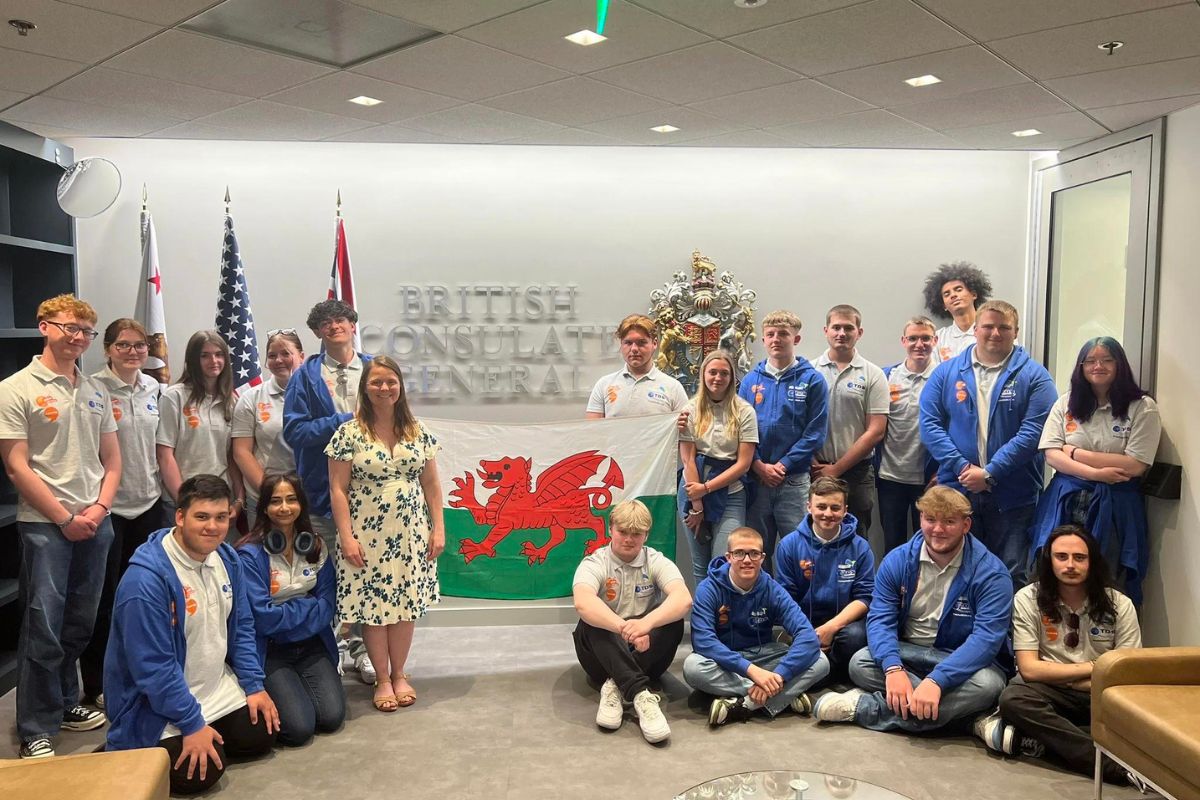
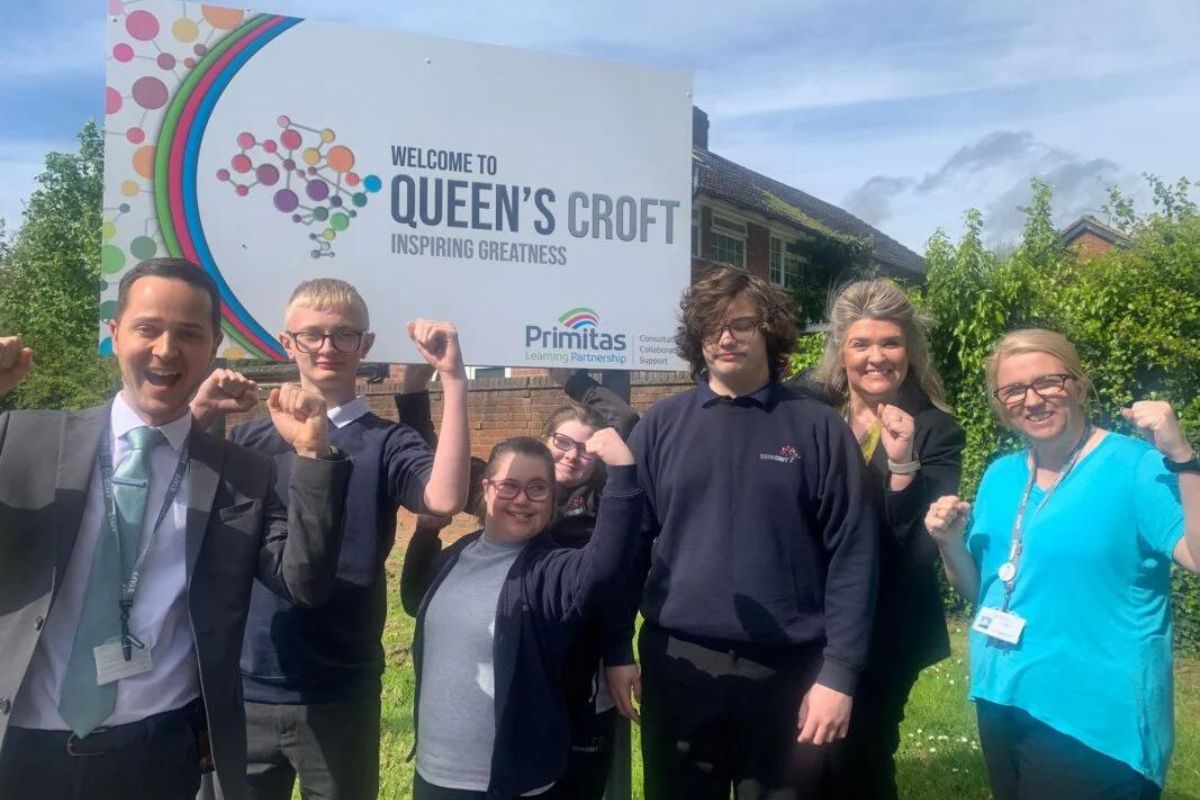
Responses